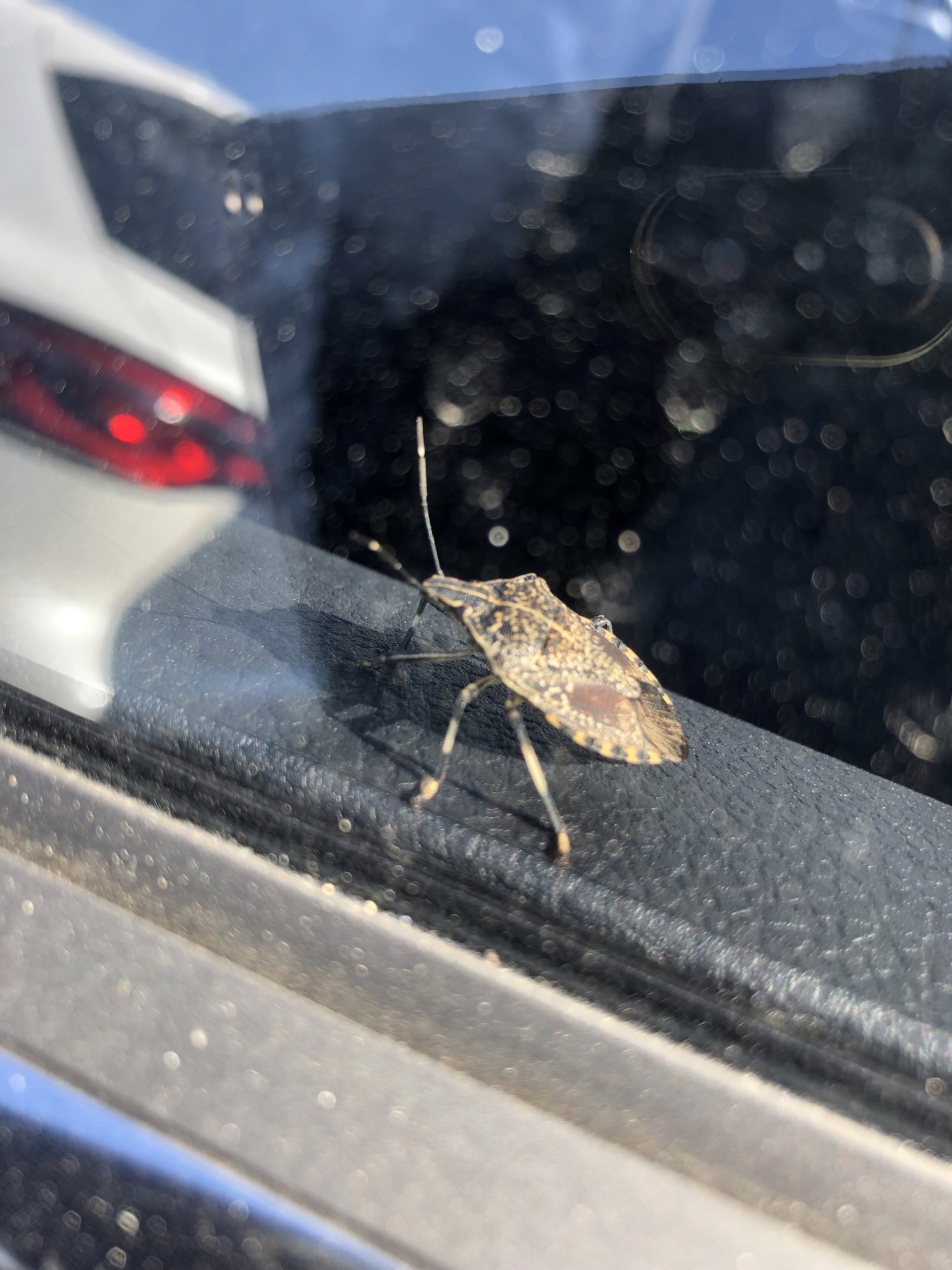Updated statement on Biosecurity Risk Material on new vehicles arriving in Australia
Since 2021, Australia’s ports have seen an 88 percent increase in new vehicles arriving with biosecurity risk material contamination.
Over the same period, there has been an 17% percent increase in the total number of new vehicle imports into Australia.
Biosecurity risk material must be removed from contaminated vehicles prior to being released. This cleaning is carried out by commercial companies.
Contamination includes soil, plant debris, seeds and live insects not present in Australia.
These are real and serious threats to Australian agriculture and our natural environment. National biosecurity standards at the border remain unchanged.
Current delays to the delivery of new vehicles are a direct result of the capacity of the commercial companies to manage the surge in contaminated vehicles arriving at the border.
There are no delays associated with Department of Agriculture, Fisheries and Forestry responsibilities in this process.
Biosecurity Officers undertake surveillance to check for biosecurity risk material on vehicles arriving Australia and confirm the effectiveness of the cleaning undertaken by commercial companies prior to the release of vehicles.
There are no resourcing shortages with Biosecurity Officers undertaking the surveillance processes, nor are there any delays associated with inspections by Biosecurity Officers.
The department is working with the Federal Chamber of Automotive Industries (FCAI) and its members to encourage and assist them to implement offshore cleaning measures.
Some already have effective measures in place, which reduces biosecurity risk and import delays on arrival.
The department strongly encourages the FCAI to work with its members to establish offshore cleaning measures where they do not exist.
Vehicle manufacturers have advised that increased rates of biosecurity contamination are likely due to several commercial factors, including changes due to COVID.
Some vehicles may be stored in paddocks or parking lots overseas where they are inadvertently contaminated prior to export.
Inquiries about specific vehicle deliveries should be directed to the relevant manufacturer, or the FCAI at [email protected].
Fast facts:
Below are some examples of biosecurity risk material that has been found in or on new vehicles since July 2022 and their potential impact if they were to establish in Australia:
- Siam Weed
- Siam weed is one of the world’s worst weeds, with a phenomenal growth rate and massive seed production.
- Plants can reach 10 metres by scrambling through adjacent vegetation.
- It forms impenetrable thickets to three metres tall in open sites, such as river banks and pastures.
- It can smother tropical fruit crops, young forestry plantations and pastures. It is also a serious environmental weed, invading native woodlands and posing a major fire hazard in the dry season.
- If Siam weed established widely in Australia, control would cost millions of dollars a year. Tropical crops, grazing land and natural ecosystems would be threatened.
- Exotic snails
- Exotic snails can be highly invasive, impacting on agriculture, human health and biodiversity.
- While they’re slow moving they can spread widely by stowing away on plants and goods as they are moved around.
- Snails also pose a threat to human health because they carry bacteria and parasites that can be transmitted if handled with bare hands or eaten.
- Australia does not permit the importation of snails as they are likely to escape and spread causing problems for all kinds of plants and the environment in Australia.
- Brown Marmorated Stink Bug (BMSB)
- Brown marmorated stink bug can breed huge populations that become both a household nuisance as well as a major problem for crop growers.
- BMSB feeds on more than 300 host plants, including fruit trees and woody ornamentals.
- If BMSB established in Australia it would be extremely difficult and expensive to manage, since it isn’t easily controlled with pesticides and it eats a huge range of plants.
- It likes to hide in houses in cooler weather and, as the name suggests, also emits an offensive smell.
View Original | AusPol.co Disclaimer
